
Viewpoints | Jul 20,2024
Jun 26 , 2021
By Christian Tesfaye
The rainy season has begun. In Addis Abeba, it elicits mild disappointment as the season means more mud, colder weather (especially as air conditioning systems are virtually non-existent in households), and flooded streets though, of course, roasted corn by street vendors is a plus.
For subsistence farmers, it means the difference between feeding themselves or relying on safety nets because, like our ancestors centuries or millennia ago, we have to rely on the rain to provide for livelihoods. For the country as a whole, any hint of drought means massive levels of food insecurity. Fortunately, it will be an adequately rainy season this year, and all things equal, agricultural output is expected to hold up.
There is a certain irony when it comes to food security. The countries whose economies are most reliant on agriculture are the likes of Liberia, Somalia, Central African Republic, and Ethiopia. All poor sub-Saharan African countries that nonetheless are highly food insecure, rely on food imports and aid. This is because although most of the labour force is engaged in agriculture, much of them are subsistence farmers. Their productive force is spent tilling the land or raising cattle for consumption by themselves.
On the other hand, most developed countries’ share of their agricultural sector is below five percent. And these few engaged in crop or livestock farming, fishing and poultry are doing it for commercial purposes—to sell to the domestic market or for export purposes— rather than for self-consumption.
No wonder then that Ethiopia wants to wean its reliance on the agriculture sector, which is highly unproductive. They have come up with sensible policies to ensure a structural economic transformation to productive areas of the economy, such as manufacturing. They have built roads, industrial parks, hydroelectric dams and invested heavily in education and public health to create the skilled workforce necessary for a healthy industry, construction and services sector. Indeed, now in Ethiopia, services contribute more to the economy than does agriculture.
But all of this can only go so far. Not enough rain in any given year, then investments in other sectors have to be held back to import food. Otherwise, people will go hungry. Agriculture is a stubborn sector that can not be neglected. It is possible to survive without major industry or services, as has been the case for humanity for millennia, but too low of an agricultural output is a drain on the economy, not to mention a cause of food insecurity.
There are institutions such as the Ministry of Agriculture and the Agricultural Transformation Agency set up to change this reality. Emphasis has been put on the provision of fertilisers and improved seeds; building irrigation systems; and better integrating farmers with domestic markets. One piece of the puzzle remains sadly unaddressed: access to finance for farmers and agri-business.
Farmers are unable to get credit in order to scale up their production through means such as adopting modern farming techniques. This is because they lack collateral—the land they till is not their land per se but belongs to the “public.” It is a scenario that will not change anytime soon.
Coupled with general underdevelopment of the financial sector, this means that less than a fifth of smallholder farmers have access to banking services and only about five percent of loans have gone to the agriculture sector in Ethiopia in 2018.
But there is hope for this gloomy set of circumstances. Instruments such as inventory financing, where a lender holds a farmers post-harvest inventory as collateral, could help scale up, according to the Brookings Institution. The service sector can also help make up for the financial gaps businesses and smallholders are faced with, such as ‘Uber for farming.’
Recently featured by the World Economic Forum, the app Hello Tractor connects farmers with tractor owners, the former renting out the equipment for a fee. It is a service that helps make each farmer that could not afford a tractor be more productive through mechanised farming techniques while helping create a business opportunity for those that happen to have idle tractors sitting around.
PUBLISHED ON
Jun 26,2021 [ VOL
22 , NO
1104]


Viewpoints | Jul 20,2024

Editorial | Nov 30,2024

Sunday with Eden | Dec 07,2019

Commentaries | Jan 13,2024

My Opinion | Jan 14,2023
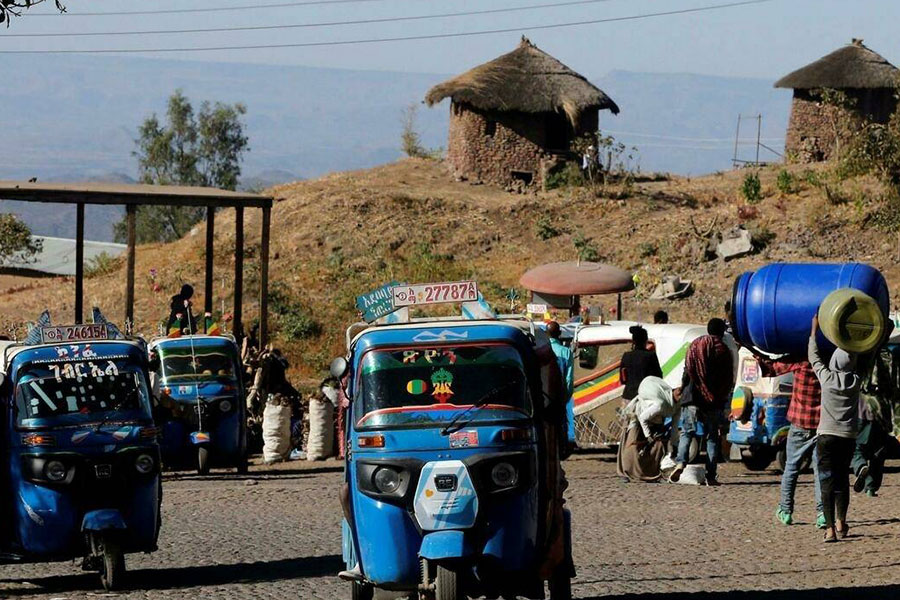
Agenda | Nov 06,2021
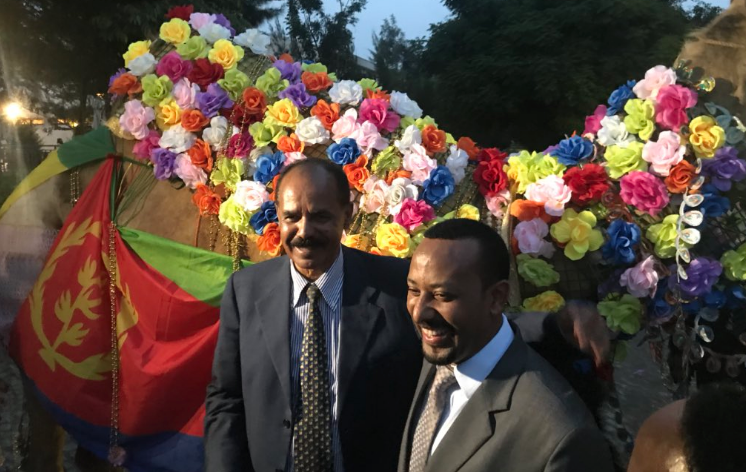
Fortune News | May 25,2019
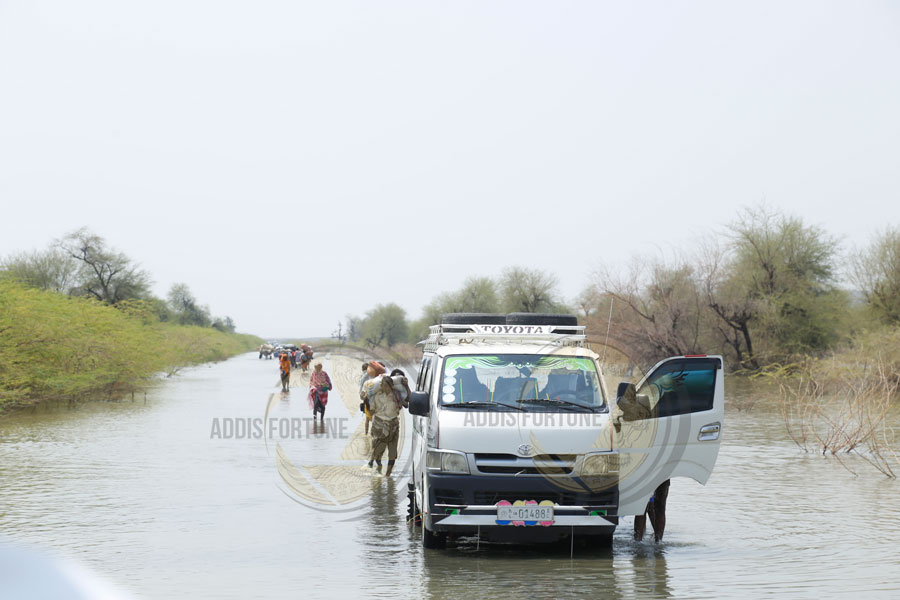
Agenda | Sep 19,2020

Viewpoints | Sep 28,2019
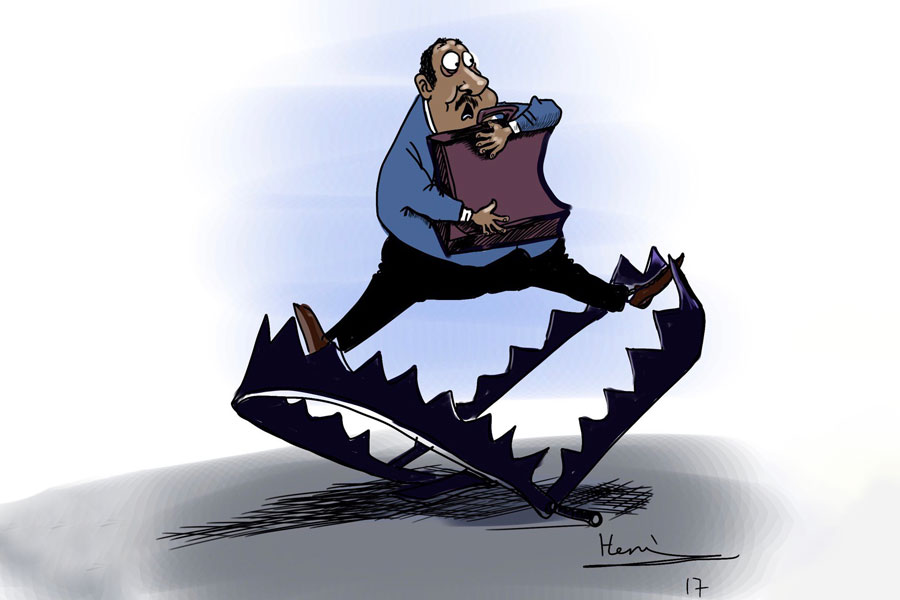
Editorial | Oct 20,2024

Photo Gallery | 157459 Views | May 06,2019

Photo Gallery | 147745 Views | Apr 26,2019

Photo Gallery | 136343 Views | Oct 06,2021

My Opinion | 135313 Views | Aug 14,2021

Dec 22 , 2024 . By TIZITA SHEWAFERAW
Charged with transforming colossal state-owned enterprises into modern and competitiv...

Aug 18 , 2024 . By AKSAH ITALO
Although predictable Yonas Zerihun's job in the ride-hailing service is not immune to...

Jul 28 , 2024 . By TIZITA SHEWAFERAW
Unhabitual, perhaps too many, Samuel Gebreyohannes, 38, used to occasionally enjoy a couple of beers at breakfast. However, he recently swit...

Jul 13 , 2024 . By AKSAH ITALO
Investors who rely on tractors, trucks, and field vehicles for commuting, transporting commodities, and f...

Sep 13 , 2025
At its launch in Nairobi two years ago, the Africa Climate Summit was billed as the f...

Sep 6 , 2025
The dawn of a new year is more than a simple turning of the calendar. It is a moment...

Aug 30 , 2025
For Germans, Otto von Bismarck is first remembered as the architect of a unified nati...

Aug 23 , 2025
Banks have a new obsession. After decades chasing deposits and, more recently, digita...
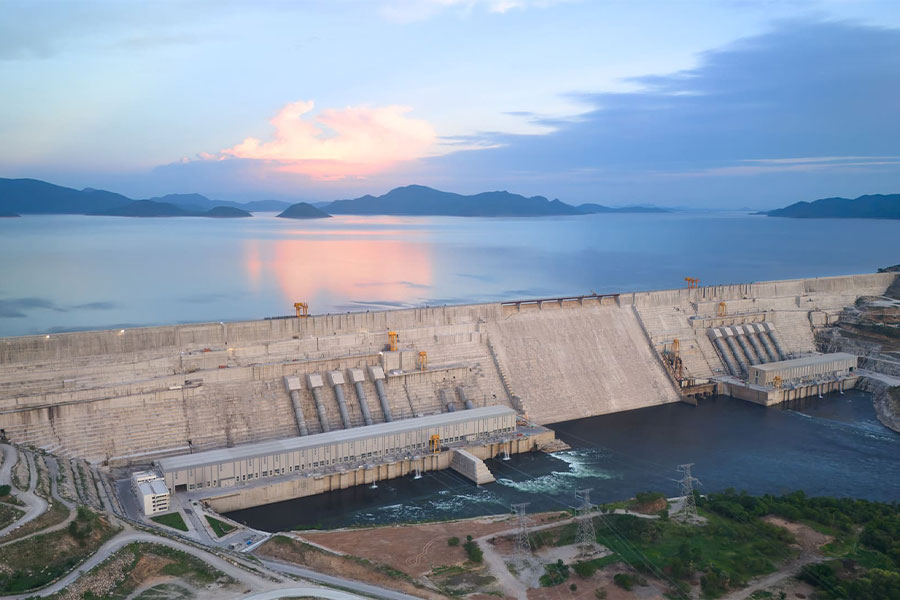
Sep 15 , 2025 . By AMANUEL BEKELE
The Grand Ethiopian Renaissance Dam (GERD), Africa's largest hydroelectric power proj...
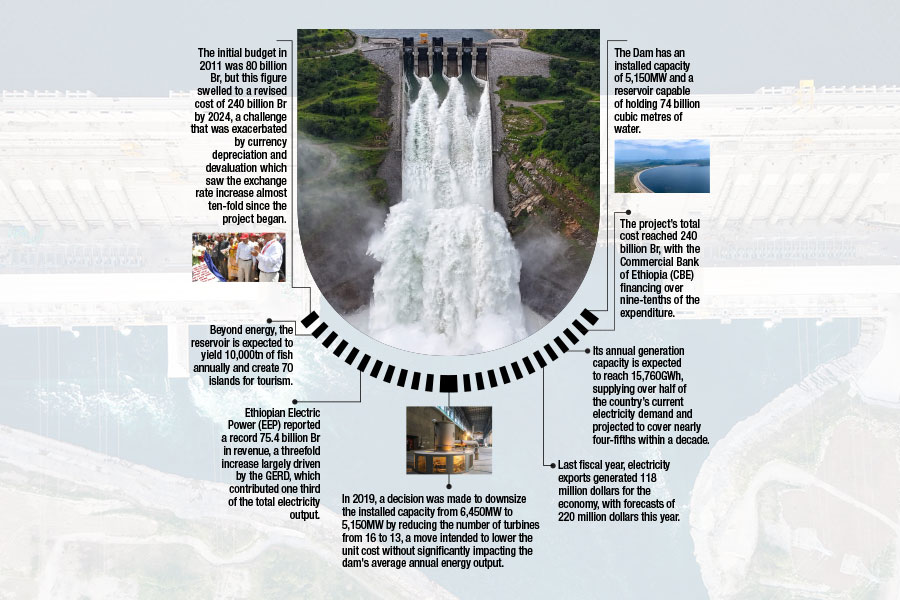
Sep 13 , 2025
The initial budget in 2011 was 80 billion Br, but this figure swelled to a revised cost of 240 billion Br by 2024, a challenge that was exac...

Banks are facing growing pressure to make sustainability central to their operations as regulators and in...

Sep 15 , 2025 . By YITBAREK GETACHEW
The Addis Abeba City Cabinet has enacted a landmark reform to its long-contentious setback regulations, a...